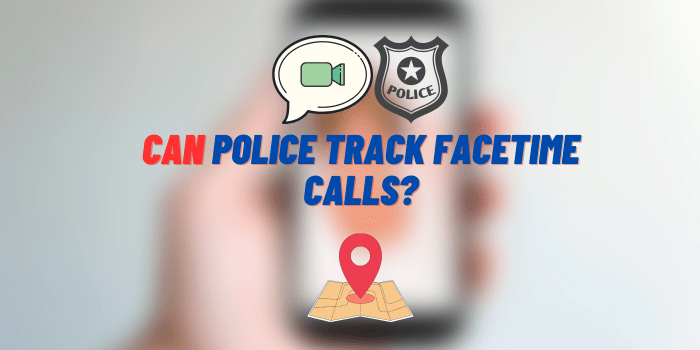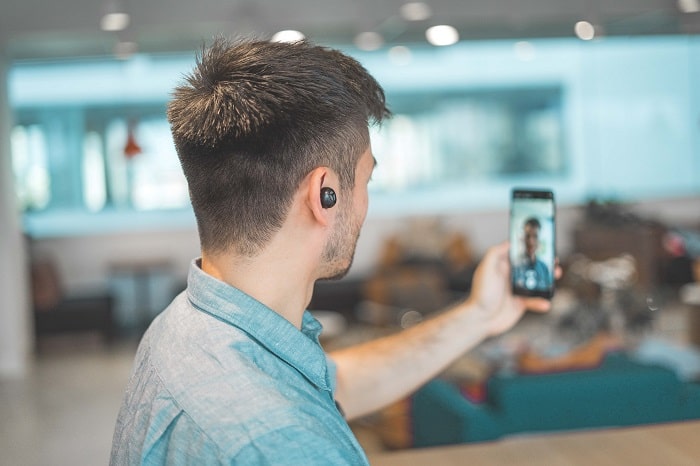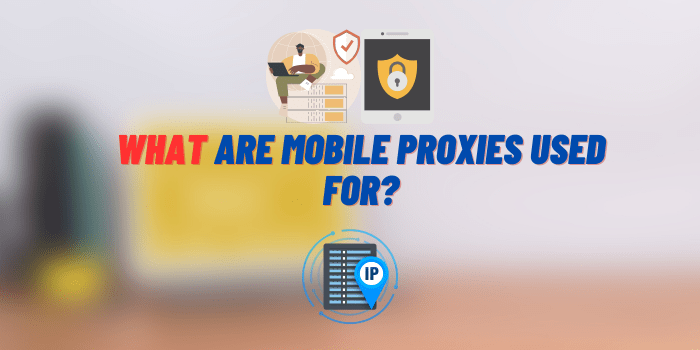Can Police Track FaceTime Calls?
The digital era has brought numerous benefits, but with it has come new challenges and questions. One such question pertains to digital privacy, specifically, whether police can track Facetime calls. As communication increasingly moves online, understanding the potential for surveillance becomes increasingly important.
- Principle of Operation of FaceTime
- Concept of Privacy in Digital Communication
- Law Enforcement and Digital Communication
- Can Police Track FaceTime Calls: Technical and Legal Analysis
- Apple’s Stance on Privacy and Cooperation with Law Enforcement
- International Perspective
- Future of Digital Privacy and Law Enforcement
The Principle of Operation of FaceTime

FaceTime is a video telephony product developed by Apple Inc, providing a convenient method for Apple users to video call one another. Its simplicity and ease of use have made it popular worldwide. Crucially, FaceTime uses end-to-end encryption, meaning that only the communicating users can read the data. In principle, this protects the data from being intercepted or decrypted by third parties, including law enforcement.
The Concept of Privacy in Digital Communication
In the age of digital communication, privacy concerns have grown significantly. As more of our information and interactions move online, they potentially become accessible to others. Encryption serves as a tool to protect this information, converting data into code to prevent unauthorized access. However, legal frameworks around digital privacy vary globally, often balancing individual privacy rights against law enforcement’s needs.
Law Enforcement and Digital Communication
Law enforcement agencies may seek to track calls as part of criminal investigations or for national security reasons. To do so legally, they typically require a warrant, which mandates a demonstration of probable cause to a judge. However, the effectiveness of such tracking depends on the technology being used, which brings us back to FaceTime.
Can Police Track FaceTime Calls: Technical and Legal Analysis

Technically, FaceTime’s end-to-end encryption makes intercepting or accessing the data directly very challenging. While law enforcement could potentially track the IP addresses involved in a FaceTime call, pinpointing exact details or content of the conversation is much more complex due to this encryption.
Explanation of the technical feasibility
- FaceTime’s end-to-end encryption: FaceTime uses end-to-end encryption, meaning only the sender and the recipient of a call can decode the conversation. This level of protection makes it extremely difficult for anyone, including law enforcement, to intercept and understand the content of the calls.
- Is IP tracking possible?: While the content of the FaceTime call is encrypted, law enforcement may technically be able to track the IP addresses involved in the call, showing who called whom. This, however, does not reveal the content of the communication, only the details of the involved parties.
Legally, surveillance of FaceTime, like other digital communications, requires a warrant under most jurisdictions. The warrant must usually specify the person or location to be surveilled and is subject to court approval.
The legal feasibility
- Laws related to digital surveillance: In many jurisdictions, surveillance of any form, including digital surveillance, requires a warrant. Law enforcement would need to demonstrate probable cause to a judge that a crime has been committed, and tracking FaceTime calls would assist in the investigation.
- The requirement for obtaining warrants: If law enforcement obtains a warrant, Apple may be compelled to provide user data that it has access to, like account details or iCloud backups. However, it’s important to note that this does not include the content of encrypted FaceTime calls, as even Apple cannot decrypt these calls.
In summary, while there are legal mechanisms through which law enforcement could potentially request the tracking of FaceTime calls, the end-to-end encryption used by FaceTime presents significant technical barriers to such tracking.
Apple’s Stance on Privacy and Cooperation with Law Enforcement

Apple has consistently touted its commitment to user privacy, emphasizing that FaceTime calls are encrypted and not stored on Apple servers. However, Apple has been known to cooperate with law enforcement when presented with legal warrants, such as providing user account information or iCloud data. Conversely, there have been instances where Apple has refused cooperation, notably in cases where it would require building a backdoor into its encryption technology.
The International Perspective
Privacy laws and law enforcement practices vary globally. In some jurisdictions, digital surveillance laws are more stringent, whereas others may have looser regulations. Understanding this landscape can be complex, but what remains consistent is the technical challenge posed by FaceTime’s encryption.
The Future of Digital Privacy and Law Enforcement
With digital privacy concerns growing, trends indicate increased use of encryption technologies. However, concurrently, law enforcement agencies are seeking better ways to track digital communication for security purposes. As such, changes in laws related to digital communication tracking may occur, potentially influencing law enforcement’s ability to track calls.
Wrap Up
While technically challenging due to FaceTime’s end-to-end encryption, it’s theoretically possible for law enforcement to track FaceTime calls with the right legal permissions. The balance between privacy and security continues to evolve in the digital age, and how we navigate it will undoubtedly shape the future of digital communication.






